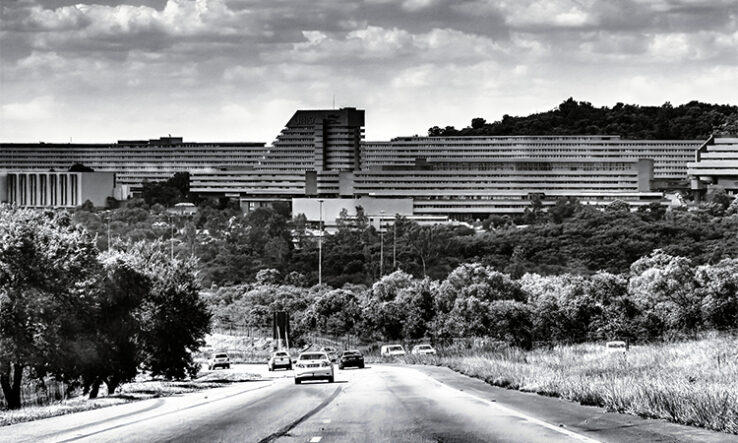
Image: Axel Bührmann [CC BY 2.0], via Flickr
“We are dealing with professors who cannot write, teach, research,” senior researchers told independent assessor
An independent investigation into the University of South Africa warns that professorship standards have slipped at the Johannesburg-based institution.
The warning comes in a 310-page report carried out for the Department of Higher Education and Training and published on 26 May. In it, lead investigator Themba Moisa notes a “dilution” of the professorial title over time.
The report, which describes an institution characterised by mismanagement, financial irregularities and academic malpractice, was leaked to the media last month and its findings against specific individuals in Unisa’s leadership have been widely circulated.
However, the report’s warnings about academic standards dropping has not received the same attention.
One senior Unisa academic told the investigating team: “We are now dealing with professors who cannot write, teach, research—they cannot do the work of a professor.” Another academic reported that professors were asking for mentorship even though they should be the ones mentoring others.
According to the report, several Unisa colleges have seen an increase of professors but a drop in their National Research Foundation ratings—letter grades that are awarded to academics based on their academic output. This “may be indicative” of professorships being awarded without a requirement to produce academically, the report notes.
The report cites academics saying that part of the problem is that policies put in place to address an under-representation of Black academics among the university’s staff led to a drop in recruitment standards. While well-intentioned and useful at first, the practice has outlived its purpose and, according to one academic, “come back to bite us”.
The report recommends that Unisa’s senate “urgently” look into the matter of dropping professorship standards and take remedial steps if necessary. “Unisa must focus on creating an institution that is broadly representative in terms of colour, gender and age, while maintaining quality,” it states.
In a response to the report, the university’s council admitted to having problems but said Unisa is “far from collapsing or being a university in chaos” and appealed for “patience and cooperation” as it prepares a more comprehensive response.